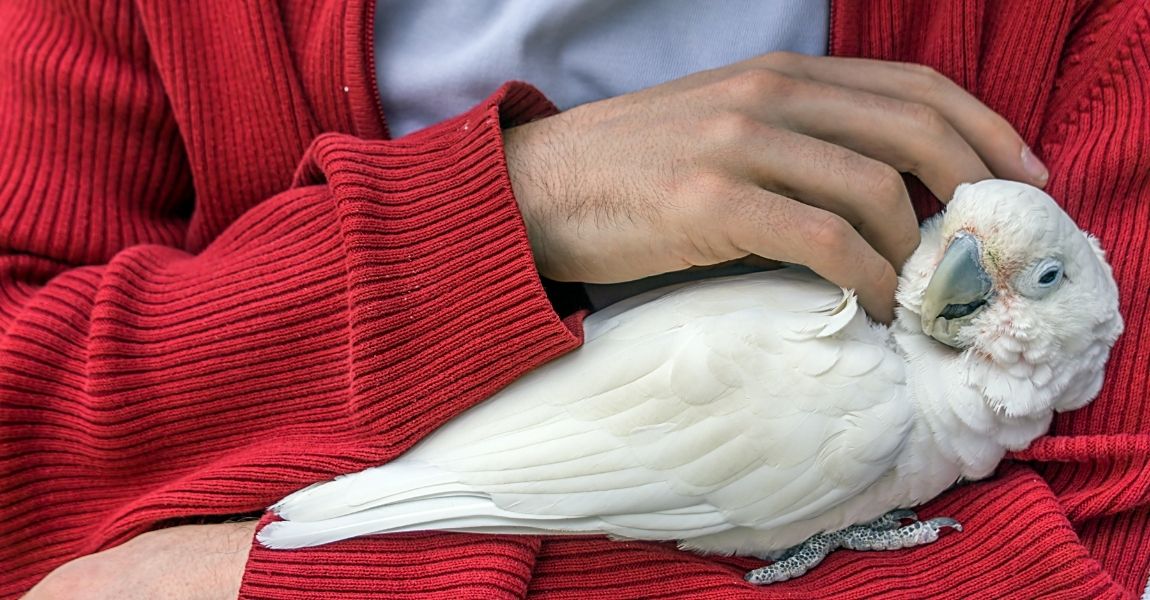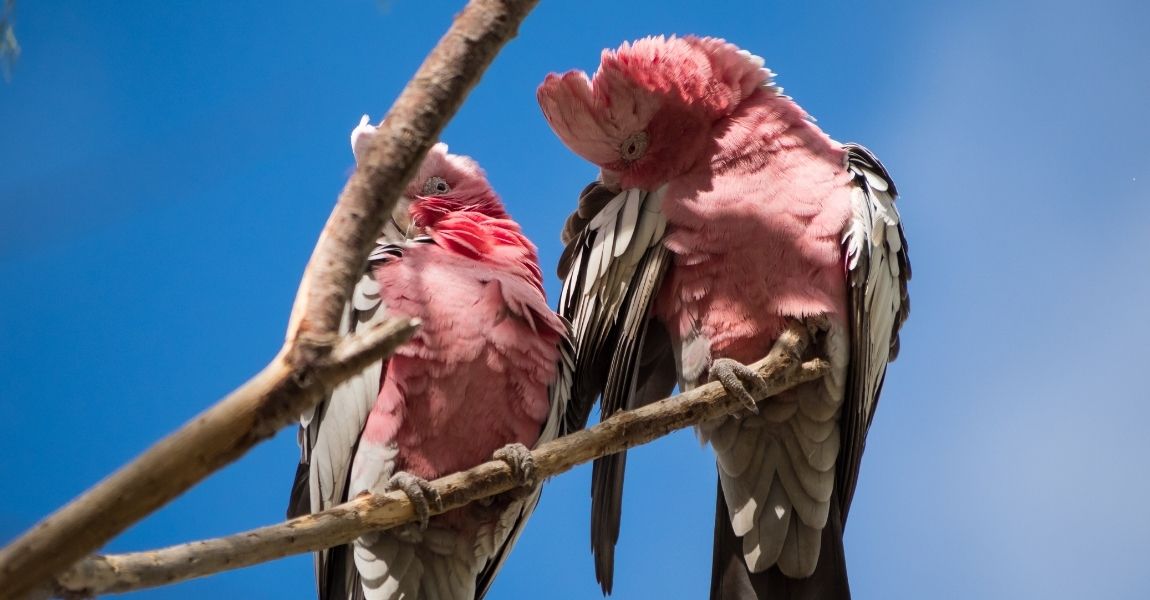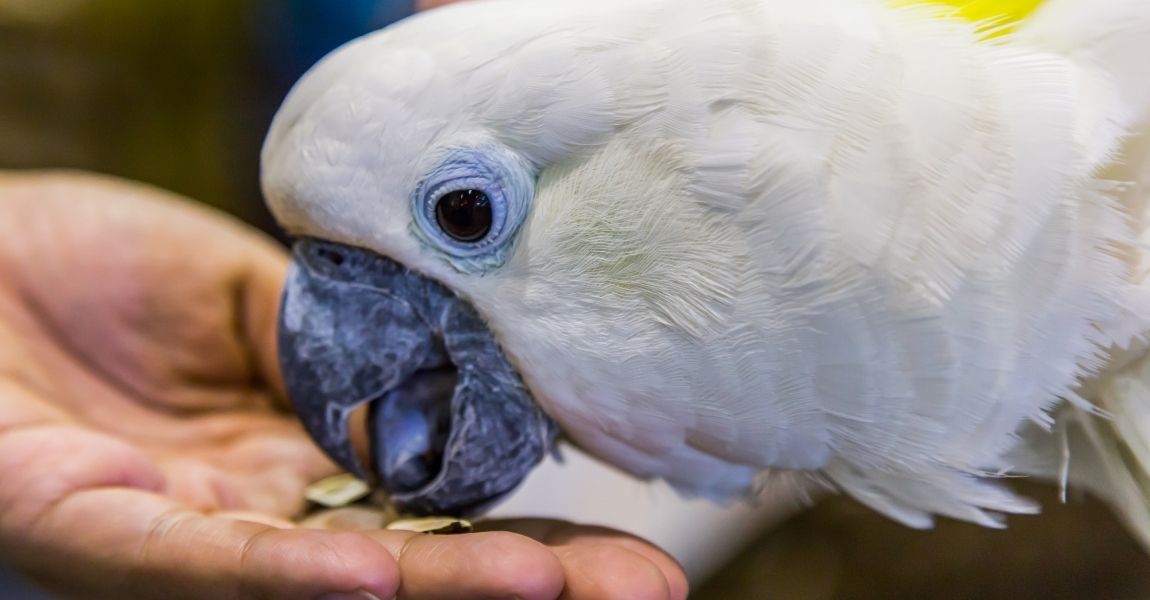Introduction:
Proper nutrition is essential for the health and well-being of your pet cockatoo parrot. Providing a well-balanced and nutritious diet will ensure that your feathered friend thrives and has a long and happy life. In this article, we will outline a healthy diet plan for your pet cockatoo parrot, including the key food groups and important considerations to keep in mind.
Fresh Fruits and Vegetables:
Include a variety of fresh fruits and vegetables in your cockatoo parrot's diet. Offer fruits such as apples, bananas, oranges, berries, and melons. For vegetables, consider leafy greens like kale, spinach, and collard greens, as well as carrots, broccoli, and bell peppers. These provide essential vitamins, minerals, and antioxidants.
High-Quality Pellets:
Pelleted food specially formulated for cockatoo parrots should make up a significant portion of their diet. Choose high-quality pellets that are free from artificial additives and preservatives. Pellets provide a balanced mix of nutrients, including proteins, carbohydrates, vitamins, and minerals, promoting optimal health.
Healthy Protein Sources:
Cockatoo parrots require protein for muscle development and overall health. Offer lean protein sources such as cooked chicken, turkey, and eggs. Small amounts of cooked legumes like lentils and beans can also be included in their diet. Avoid feeding them fatty or processed meats.
Healthy Fats:
Include healthy fats in your cockatoo parrot's diet. Offer small amounts of unsalted nuts like almonds, walnuts, and cashews. You can also provide a small portion of seeds, such as sunflower or pumpkin seeds, as an occasional treat. Healthy fats are essential for their overall well-being.
Limited Treats and Avoid Harmful Foods:
Treats should be offered sparingly and should not exceed 10% of their overall diet. Avoid giving your cockatoo parrot foods that are high in sugar, salt, or unhealthy fats. Some common foods that are toxic to birds include chocolate, avocado, caffeine, alcohol, onions, and garlic.
Fresh Water:
Clean, fresh water should always be available for your cockatoo parrot. Change the water daily and provide it in a spill-proof bowl or water dispenser. Ensure that the water is easily accessible and at a comfortable temperature for your parrot.
Variety and Rotation:
Offer a variety of foods to prevent boredom and provide a range of nutrients. Rotate the types of fruits, vegetables, and protein sources you offer to keep their diet interesting and diverse. Introduce new foods gradually to allow your parrot to adjust to different flavors and textures.
Consult an Avian Veterinarian:
It is crucial to consult an avian veterinarian to discuss your cockatoo parrot's dietary needs. They can provide guidance specific to your bird's health, age, and individual requirements. Regular veterinary check-ups will ensure that your parrot's diet is supporting their overall well-being.
Monitor Food Consumption and Health:
Observe your cockatoo parrot's food consumption and monitor their weight and overall health. Ensure that they are eating a balanced diet and maintain a healthy weight. Any changes in appetite, weight loss, or abnormal behavior should be promptly addressed by a veterinarian.
Conclusion:
Providing a healthy and balanced diet is essential for the well-being of your pet cockatoo parrot. A diet consisting of fresh fruits and vegetables, high-quality pellets, lean proteins, and limited treats will help ensure their nutritional needs are met. Remember to consult with an avian veterinarian for personalized advice and make adjustments as needed. By prioritizing their dietary health, you can contribute to a long, happy, and vibrant life for your beloved feathered companion.





